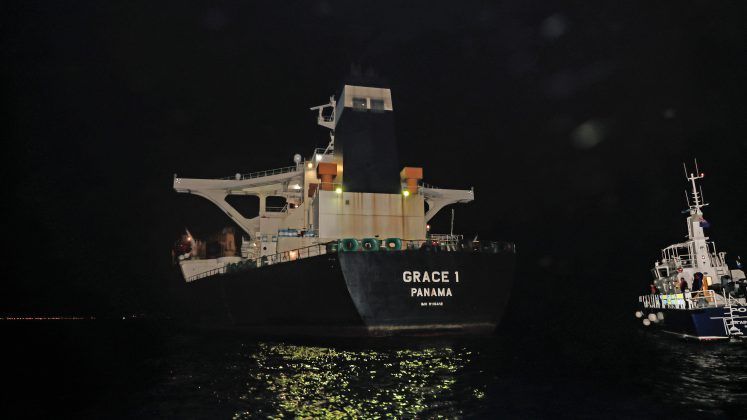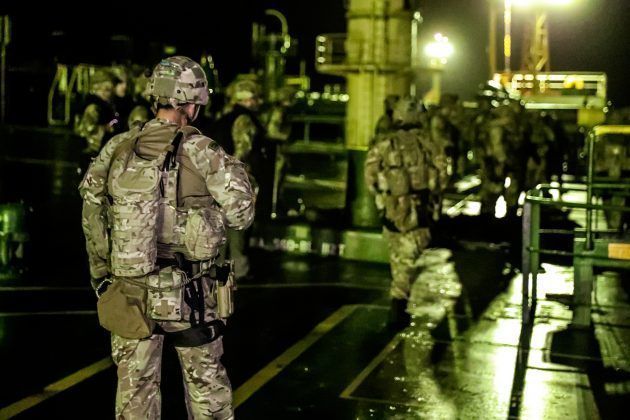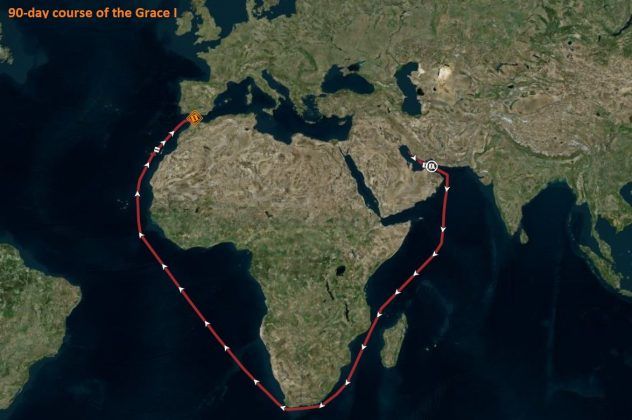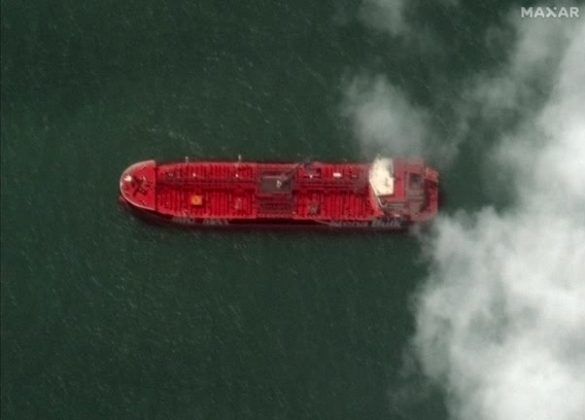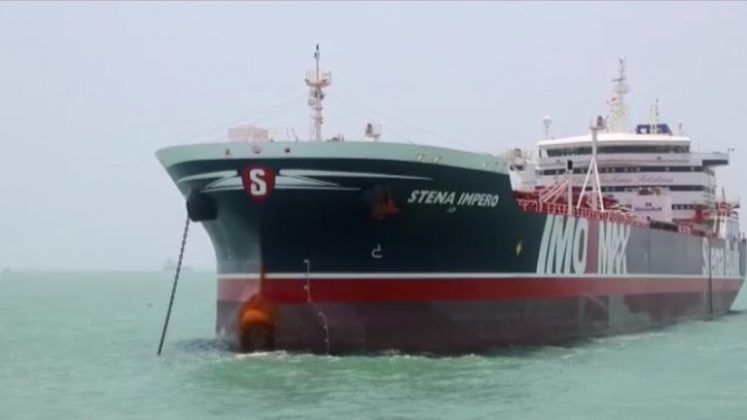By Parisa Hafezi and Guy Faulconbridge
DUBAI/LONDON, Aug 13 (Reuters) – The British territory of Gibraltar will not yet release an Iranian oil tanker seized by Royal Marines in the Mediterranean despite an Iranian report that it could do so on Tuesday, an official Gibraltar source said.
The commandeering of the Grace 1 on July 4 exacerbated frictions between Tehran and the West and led to retaliatory moves in the Persian Gulf waterways used to ship oil.
Britain accused the vessel of violating European sanctions by taking oil to Syria, a charge Tehran denies.
The deputy head of Iran’s Ports and Maritime Organisation, Jalil Eslami, said on Tuesday that Britain was thinking of freeing the Grace 1 following an exchange of documents.
“The vessel was seized based on false allegations,” Eslami said in comments reported by state news agency IRNA. “We hope the release will take place soon.”
Iran’s semi-official Fars news agency, quoting unidentified Gibraltar authorities, said the tanker would be freed by Tuesday evening.
However, a senior source in the government of British overseas territory denied that would happen on Tuesday.
Although Grace 1 was seized by British forces, Britain said on Tuesday that investigations into the tanker Grace were a matter for Gibraltar. The territory has denied Iran’s claim that the action was taken on the orders of Tehran’s longtime foe Washington.
“As this is an ongoing investigation, we are unable to comment further,” a British Foreign Office spokesman said.
Tehran has denied the vessel was doing anything improper and in retaliation Islamic Revolutionary Guards Corps troops seized the British-flagged Stena Impero tanker in the Strait of Hormuz on July 19 for alleged marine violations.
The Persian Gulf tanker crisis has added to worsening hostilities since Washington pulled out of Iran’s 2015 nuclear deal with six powers, under which Tehran agreed to curb its nuclear work in return for lifting most international sanctions on Tehran.
The Iranian capture of the Stena Impero drew condemnation from Britain and other European parties to the nuclear deal that have been trying to salvage it by shielding Iran’s economy from reimposed and toughened U.S. sanctions.
Unlike the seized Iranian tanker, which was carrying a cargo of up to 2.1 million barrels of oil, the Stena Impero was on its way to the Gulf and empty at the time it was seized by Iranian forces.
Millions of barrels of oil pass daily through the various bottlenecks from Middle East oil producers to markets across the globe.
(Writing by Parisa Hafezi; Additional reporting by Guy Faulconbridge in London Editing by Angus MacSwan)

